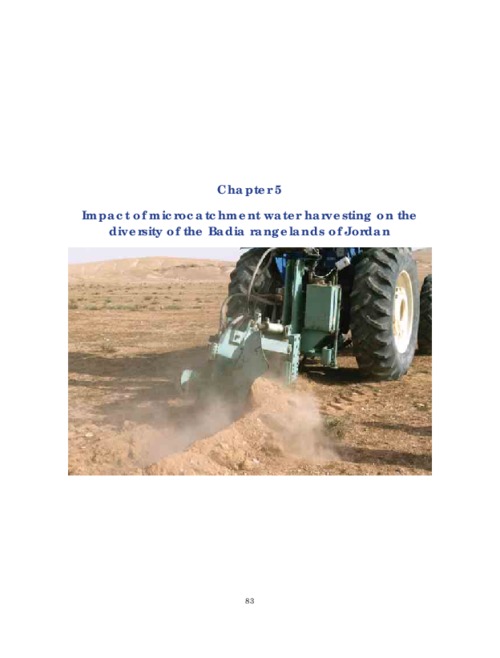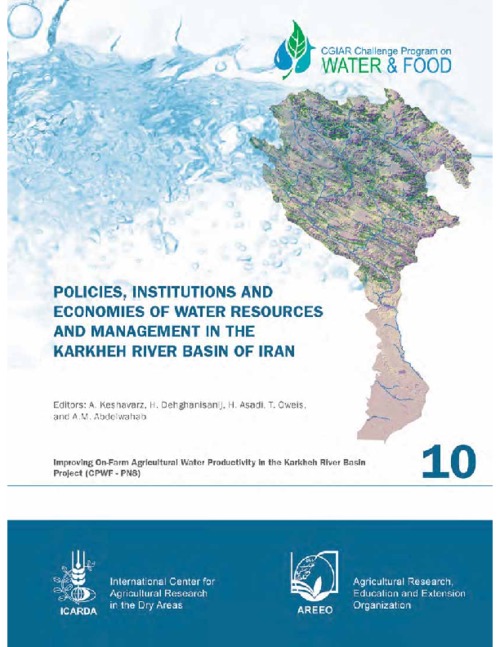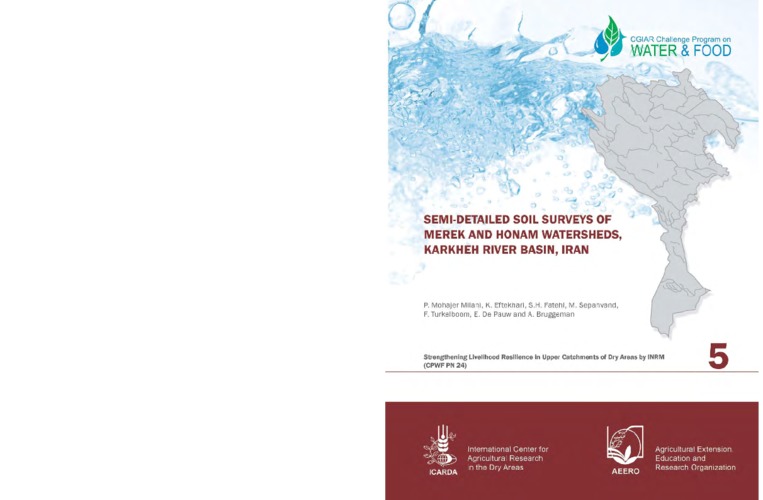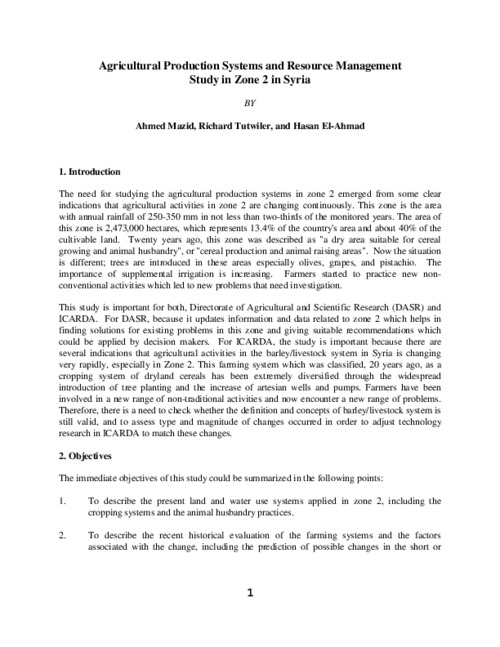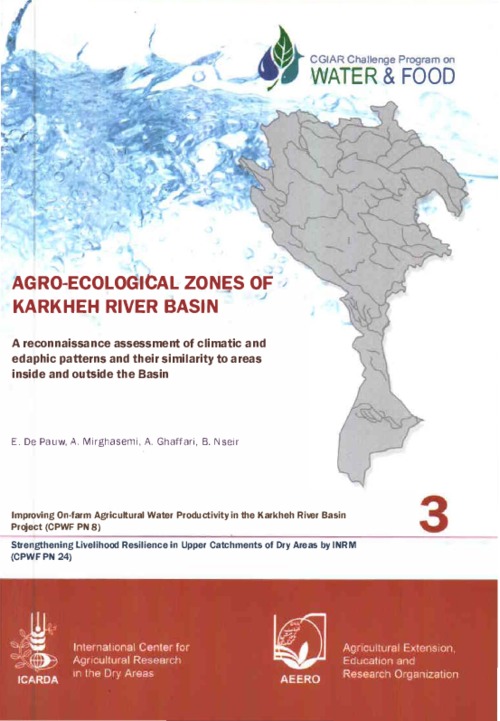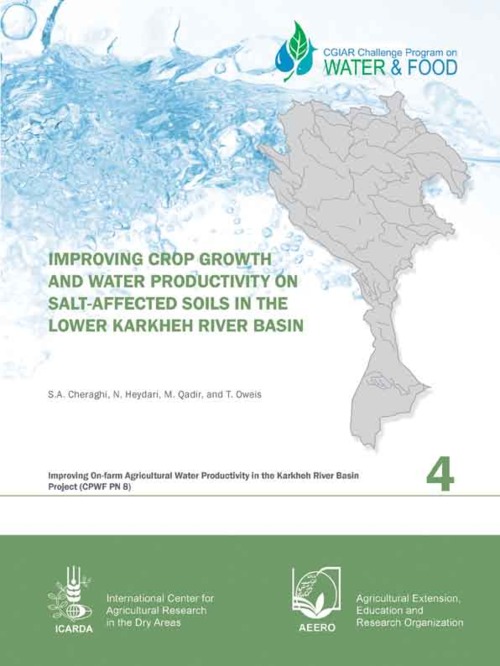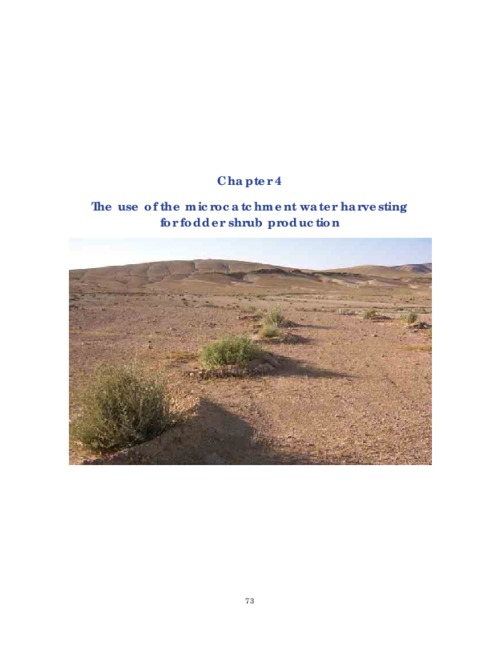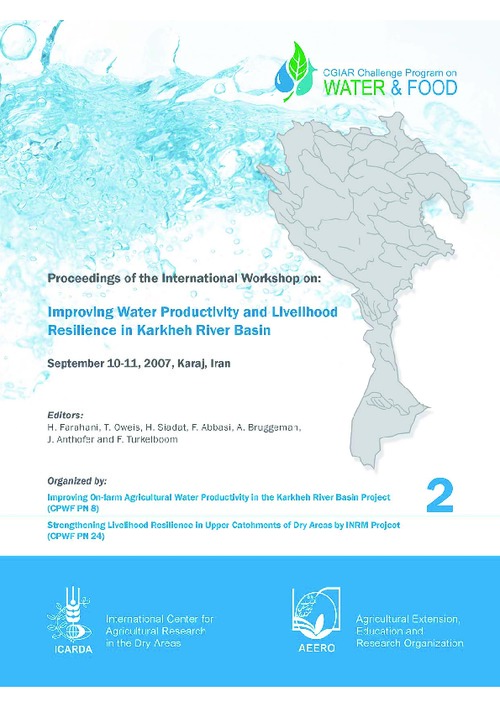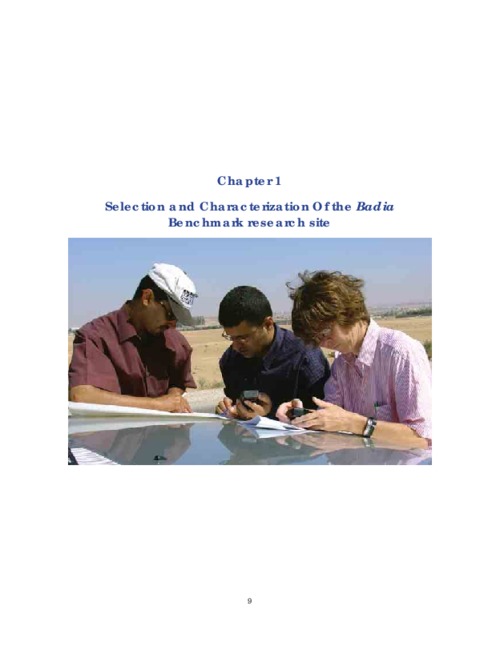Impact of microcatchment water harvesting on the diversity of the Badia rangelands of Jordan
This study aimed at conducting the followings activities:
• To survey and identify the flora at the Mharib watershed (the intervention area of the Badia Benchmark Project),
• to study the effect of microcatchment WH techniques on the soil seed bank compared with the current situation,
• to evaluate the effect of microcatchment WH on the native vegetation regeneration and improvement, and
• to multiply and reintroduce the annual native plant species collected from the rangelands.
The study is presented in five main sections:

